Prof. Tanya Das hails from a family that had close ties with Tagore family. She leads cancer research and sings Rabindrasangeet, professing Tagore to be her ‘first love’ in a candid interview with Ruchira. An exclusive for Different Truths.
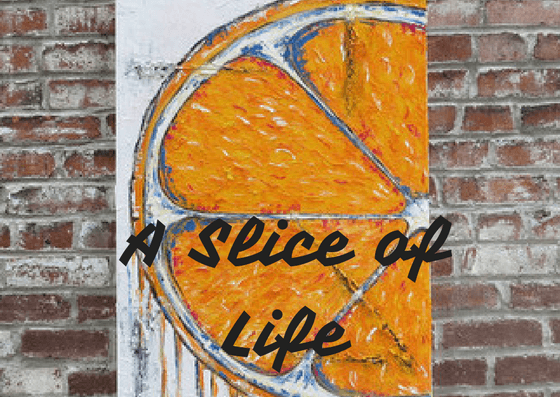
It is tough to imagine that a scientist dealing with a formidable subject – Cancer – has softer, feminine, and humane sides to her persona. Prof. Tanya Das is a warm, vivacious and an endearing individual. When engrossed in her prime passion – singing – she becomes oblivious of the fact that her career is intertwined with the lethal, spine-chilling disease. She is a veteran cancer researcher at the prestigious Bose Institute, Kolkata. Despite her hectic schedule, I managed to persuade her to open her heart and mind to Different Truths.
Ruchira: Please trace your early years, family, education, and career graph.
Prof. Tanya: I hail from the family of Dr Nilmadhab Haldar, the family physician of poet Rabindranath Tagore. My father, Prof. Debajyoti Das (Physiology) enjoyed a pan-India reputation, besides being actively involved in numerous literary activities. My late mother Prof. Arati Das – who pursued her university education in England – founded the psychology department of Kolkata’s prestigious Bethune College. My sibling Sayan Das is an IIT plus IIM degree holder settled in a high-profile job. I completed my schooling from the reputed Brahmo Girls’ High School. At one point, I would ponder: why do girls need education at all? (laughs). Later, I discovered that stereotyped education differs from research, which is highly creative, and chased away such ideas. I graduated with Chemistry (Hons) from Bethune College, obtained a master’s degree in Biochemistry from Calcutta University. Then I obtained a PhD in Biochemistry. For my Post-Doctoral studies, I joined Cleveland Clinic, Ohio USA. Until recently, I regularly visited and worked there in various capacities. Later, I was a pool officer at the Indian Institute of Chemical Biology (Kolkata). Thereafter, I joined Bose Institute Kolkata at different teaching levels. Presently, I am Prof. Emeritus (under Indian Council of Medical Research/ICMR) there.
Ruchira: What made you adopt music as a profession?
Prof. Tanya: Rabindrasangeet (Tagore songs) was part of the environment I grew up in. Mom remembered me singing as a lisping toddler. Obviously, she was the one who taught me the basics. It was natural and expected that I would turn out to be an academician. So, I never thought about music as a professional career. I pursued it up the way I did my academics. It was my mother who monitored me throughout. My father was skeptical about my musical leanings lest it hamper my studies. Mom was however adamant. She got me trained in Hindustani classical (vocal) from Mrs. Mira Datta Ray. Later, I learnt Rabindrasangeet from Gitabitan, during college years, as I obtained a B. Mus degree. Then, I trained under Dr. Srikumar Chattopadhyay and (Late) Sh. Subhash Chowdhuri respectively. My next guru was Sh. Rajeswar Bhattacharya. They also taught me stage etiquette. My sincerest gratitude to Suchitra Mitra, who, though not a direct mentor, was my source of inspiration, and an embodiment of unalloyed affection.

Ruchira: Are you a feminist?
Prof. Tanya: This is indeed a tough question to answer. I am neither a feminist nor a sexist. I think I am a humanist before anything else. Human misery rankles my conscience. I always try to help marginalised, neglected, suffering individuals (read women) to wipe their tears, assuage their feelings and offer comfort. Human misery, injustice pervade all social strata – from nameless faceless multitudes to scientists and professionals.
Ruchira: How do you juggle cancer research with music?
Prof. Tanya: Cancer is invariably the ‘end of the road’ for a patient and his/her kin. Imagine how much more depressing it is for scientists like us – involved in developing a cure. Bouts of depression, failure are commonplace. But at these junctures, music works wonders. How? Listening to music releases a happy hormone (Dopamine), which rejuvenates and de-stresses your body and mind. For me Tagore’s music is a magic potion, which melts my blues away. Tagore’s lyrics match myriad moods, and emotions crisscrossing the human psyche. They have been my catharsis in the darkened hours of life.
Ruchira: What is Tagore to you?
Prof. Tanya: Tagore was an integral part of the environment I was born and grew up in. His presence was palpable almost every moment – poems were recited, songs sung at impromptu jalsas held at home. Our families had cordial ties for years. I recall how once my grandmother, while rummaging through her jewellery box, fished out an exquisite necklace, declaring it had been gifted by the Tagores’. Thakur Barir Ranna (Tagore family’s culinary style) greatly impacted the cuisine in our household. My mother also venerated Tagore. When she lay on her deathbed, a portrait of Tagore adorned her bedside, till she breathed her last. Tagore is my ‘First love”, ‘eternal companion’, ‘redeemer’, ‘path of salvation’.
Ruchira: Tell us about your present family
Prof. Tanya: My husband, Dr. Nityananda Sarkar, recently retired, following an illustrious innings at the Indian Statistical Institute, Kolkata. He was the main source of inspiration behind the establishment of the Indian Statistical Institute, Tezpur, Assam. He is as inextricably linked with the institute as Dr. P.C Mahlanobis was with the original one. Post retirement he plunged neck-deep into social work at grassroots level: spreading knowledge among children and adults of economically weaker sections (EWS).
We have three daughters. Irene is an alumnus of Bergen University, Norway. She currently works in an onco-immune company in the Netherlands. She is mulling creating a band of Dutch youths for rendering Rabindra Sangeet into Dutch. Formerly, she was with Robi O Nobin headed by crooner Soumitra Roy. Rupkatha is an MBA, working in a corporate company. She is into dramatics. Richa, the youngest, is preparing for the School Boards. I must also mention Dr Gaurishankar Sha, my cousin, and a loyal, dependable, trusted friend, who constantly encourages me in every task I undertake.
Ruchira: Awards and accolades won by you.
Prof. Tanya: I received National Young Woman Bioscientist Award of Government of India (2004) for outstanding contribution to Cancer therapy. I got the Seva Samman award (2005) for my contribution in the spheres of science and culture. I am a Fellow of the National Academy of Science (GOI) and West Bengal Academy of Science. I won an award from Sananda, a high-profile women’s magazine.
Ruchira: Your daily routine and lifestyle.
Prof. Tanya: The term ‘routine’ connotes a sense of discipline, which is grossly lacking in the way I live. Often it gets terribly erratic. I work for long hours in my laboratory. Once home, I rarely go to bed before 2-2.30 am. There is so much to do. In the morning, I need to oversee the smooth functioning of the household, look after my daughters, etc. Most evenings are crammed with functions and events. But I enjoy every minute. I undertake each activity for the sheer joy of it. I am grateful to both sets of parents for their encouragement and cooperation, which helped me immensely. For me joie-de-vivre is supreme. I love dressing up. I am gregarious by nature. Loneliness is not for me. I love mingling with people. In this regard, music is a handy tool, helping to dissolve linguistic and international barriers.
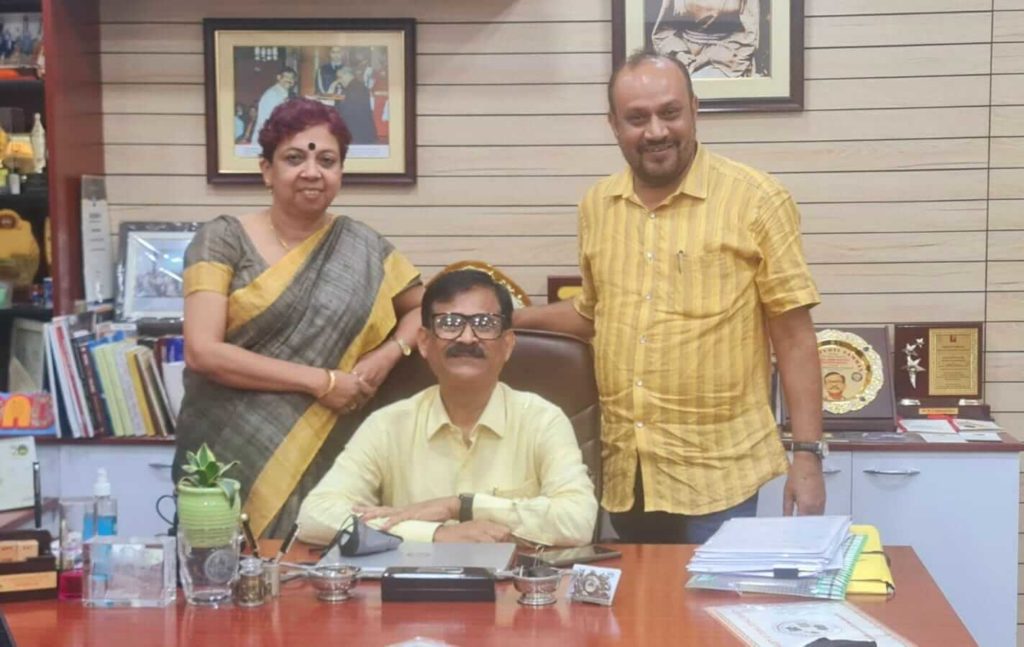
Ruchira: Dealing with Cancer can be nerve racking. Does music help you to unwind from work related stress?
Prof. Tanya: The very mention of Cancer instills fear in people. Naturally, intensive study/ research on the mechanism of Cancer, its therapy, etc., is an arduous task. Also, the percentage of failure overshadows the degree of success. I handle a huge laboratory and the bevy of students (including 31 successful PhD s). For instance, at the end of a tiring, unsuccessful day, if on my way home, I hum to myself or listen to music, it immediately uplifts my mood. To me (Tagore’s) music is like the sunlit skies where my heart finds unfettered freedom.
Ruchira: Do you dabble in other genres of music?
Prof. Tanya: I immensely enjoy listening to a huge variety of instrumental music originating from various countries. This pan-global ambience is part of my job sphere that encompasses global interaction, and research. Tagore and his music are like vast unfathomable oceans. Try however might, I am unable to plumb its depths. What I have assimilated till date is merely the tip of the iceberg. Hence, I feel it is sensible to confine myself to familiar surroundings instead of venturing into the unknown.
Ruchira: Some of your memorable performances?
Prof. Tanya: My mind brims with memories since I have been performing for decades. Once during a function at Kolkata’s Rabindra Sadan, while I was singing the too well-known Bhenge Mor Ghorer Chabi, I suddenly noticed the legendary Suchitra Mitra was observing me from the wings. Fearing reprimand, I just about managed to finish the song. As I left the stage, she waylaid and complimented me on my performance! I was overwhelmed. Another time, during a music show organised by Indian Diaspora (Cleveland, Ohio), finding the audience going crazy over a bhangra recital, I feared my song (which was next) would be lackluster. But I was in for a surprise! As I sang a fusion of Sanghaccham Sanghbadham with Anandaloke Mangaloke, a hush descended in the hall. People listened with rapt attention. When I finished, many rushed, climbed up the stage, hugging me in ecstasy. A proud moment for me!
Ruchira: Please shed light on your musical institute, your brainchild.
Prof. Tanya: My institute Anantya Shilpi Goshthi is nearly forty (established 1983). The incumbent president is Dr Dhruojyoti Chatterjee (VC, SNU). Tagore and Tagorean studies form its pivot point. But we constantly instill an overall Tagore consciousness, conduct intensive research experimentation and analysis of his works, dance-drama, and philosophy. We endeavour to interpret and modify his dance-dramas according to individual perception and present it in a transmogrified form.
Ruchira: Your views on the future of vocal music in India?
Prof. Tanya: Music is an inseparable part of human existence and has always been. Music is everywhere around us; it evolves from the simplest and most insignificant activities e.g., harvesting crops, rowing a boat, or even stirring a cooking pot over a flame. Music will never disappear from our lives. Only it will change its contour in relation to country, environment, and space. You may or may not like a certain type of music. That is your problem. But music will keep undergoing changes. I am optimistic about the future of music. There will be high quality music, there will be not-so-good music also. I firmly believe that rich, honest, creation (read music) will transcend the barriers of time and space, and carve a niche for itself, even to the point of immortality. Conversely, mediocre music might enjoy ephemeral popularity but will eventually fade out of people’s minds.
Ruchira: Your message to your fans?
Prof. Tanya: To the upcoming generation I’d say: the human brain is capable of multitasking. Unfortunately, people don’t use beyond 10% of it, being bogged down by their own ideas and notions. Set lofty goals and relentlessly try to achieve them. Adopt a never-say-die spirit. Even partial success is commendable. Never lose hope. Keep trying. You will surmount all obstacles. Remember the night is darkest before dawn. Pursue something exclusively for yourself, something beyond daily chores, job, studies, viz., music, art, craft, poetry. Release your emotions, let your imagination soar… live life to the hilt. Let it be a fruitful one, so that when you depart this world you must leave your footprints behind. So that people mourn and miss you, albeit for a short while.
Visuals and video sourced by the interviewer

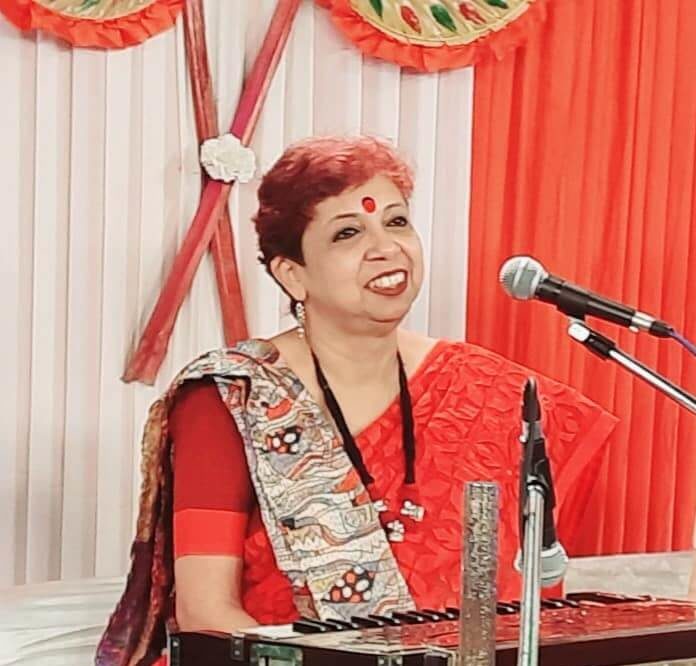



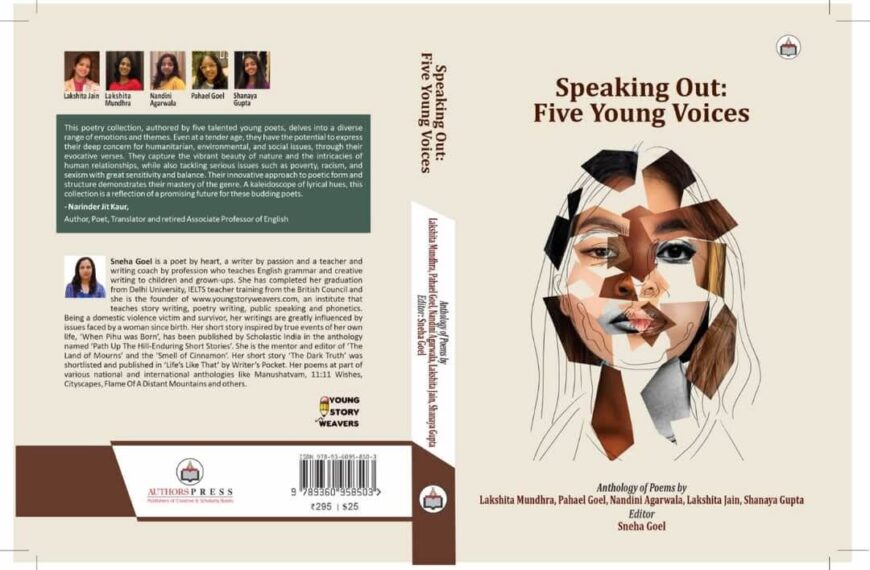
 By
By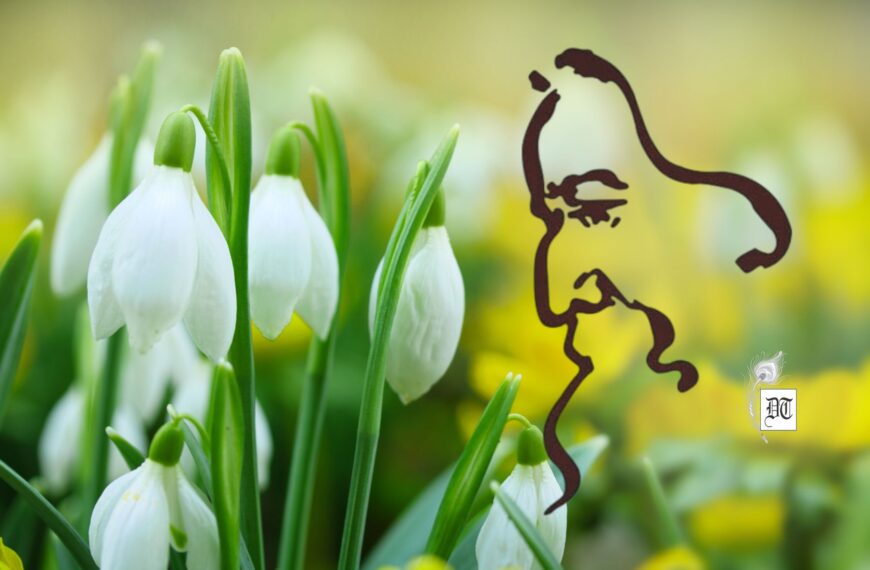
 By
By
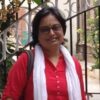 By
By